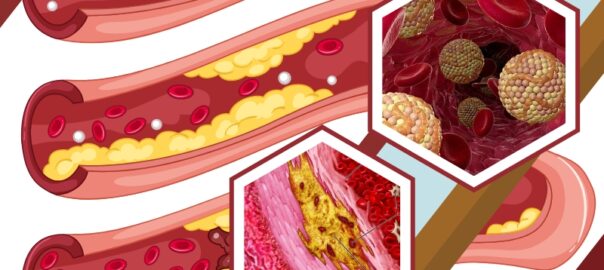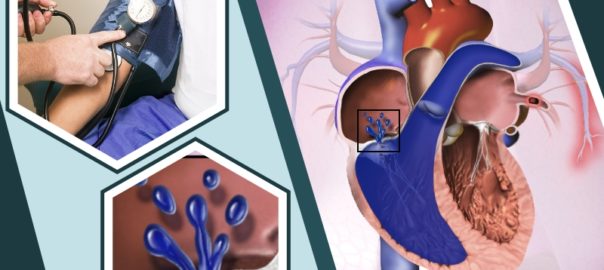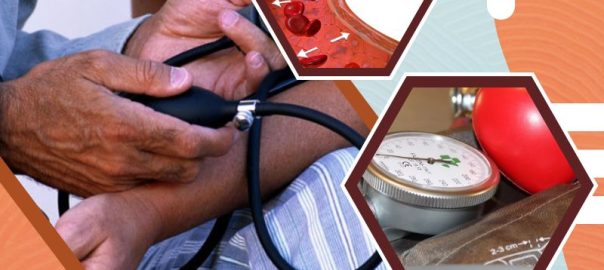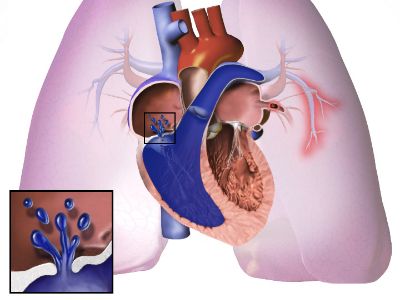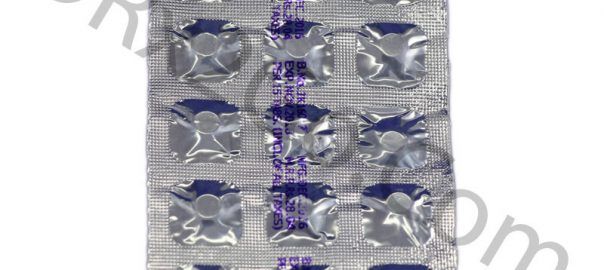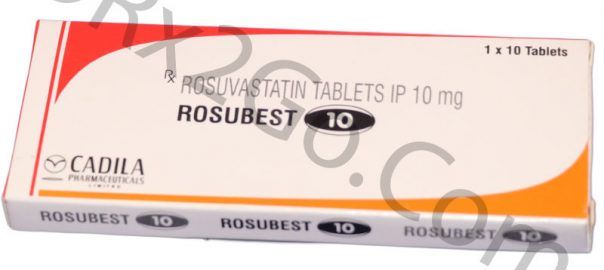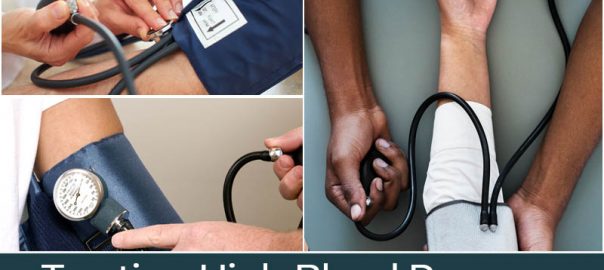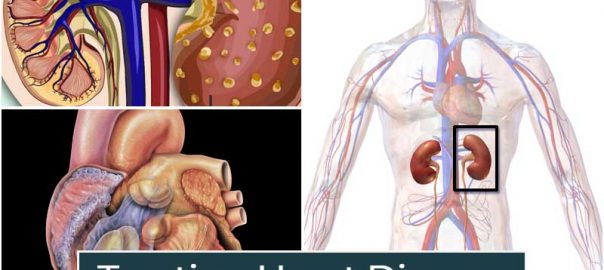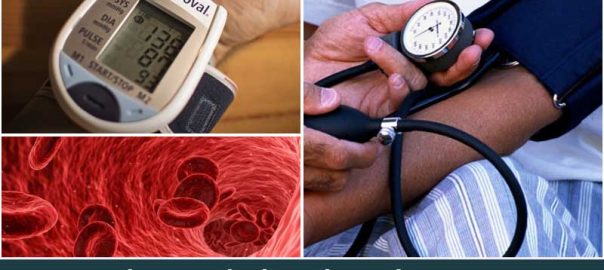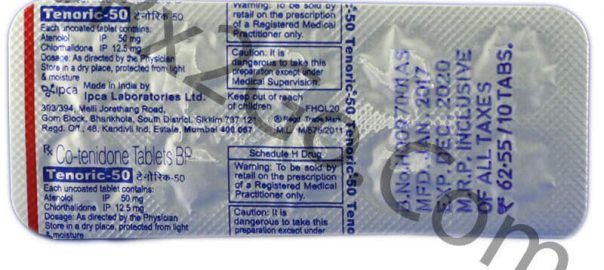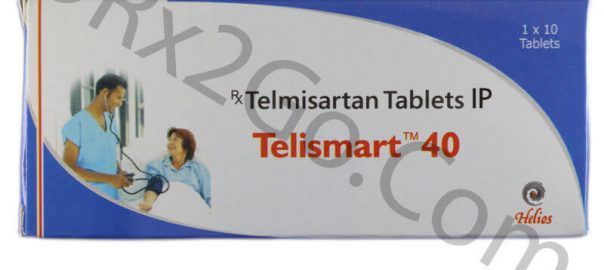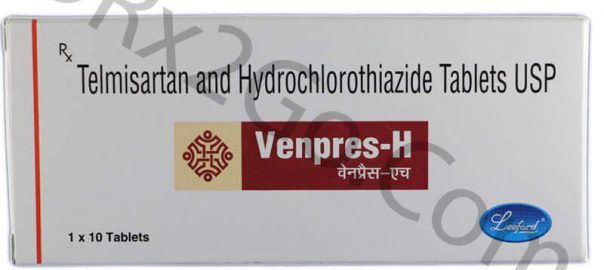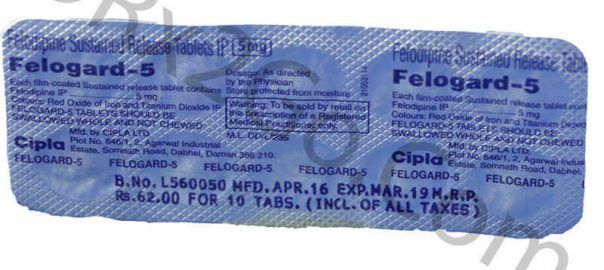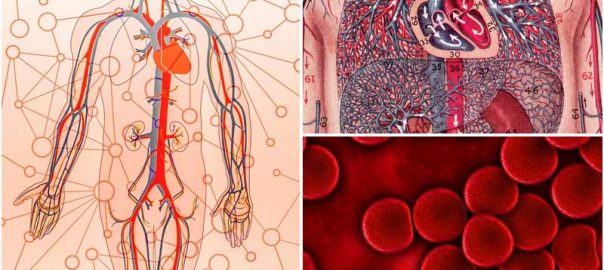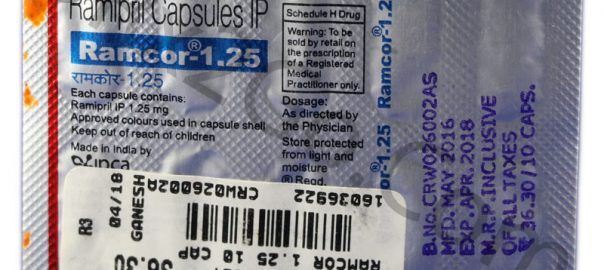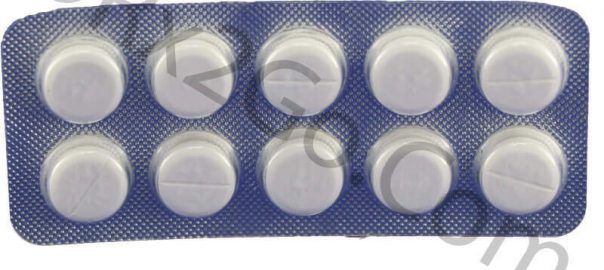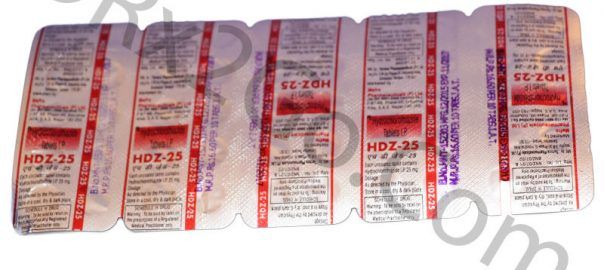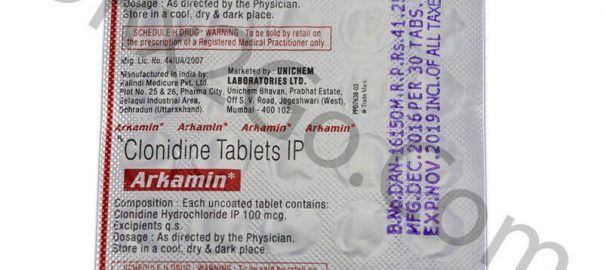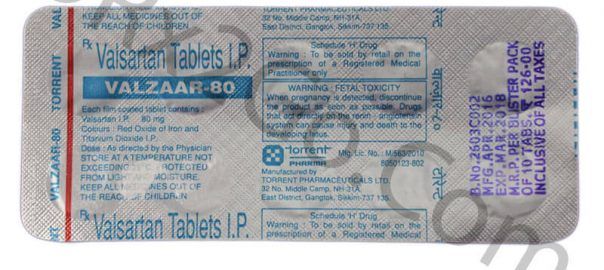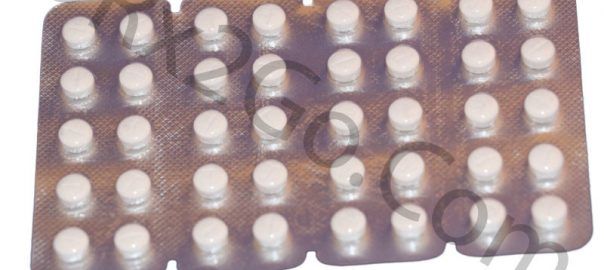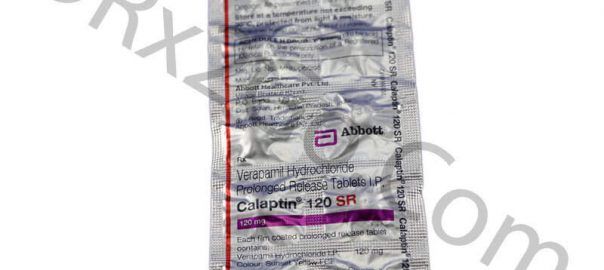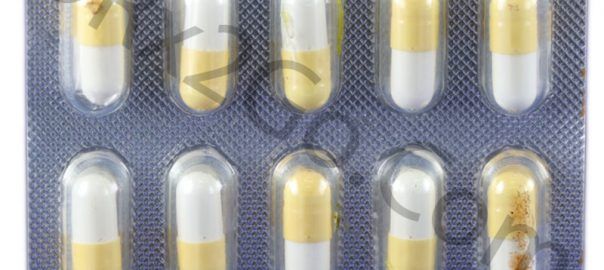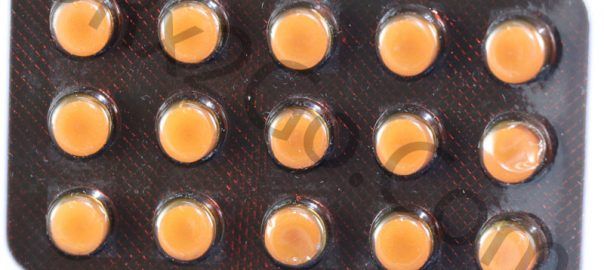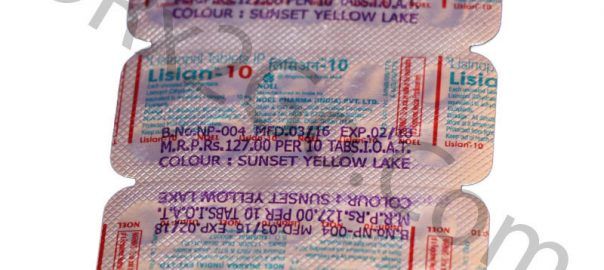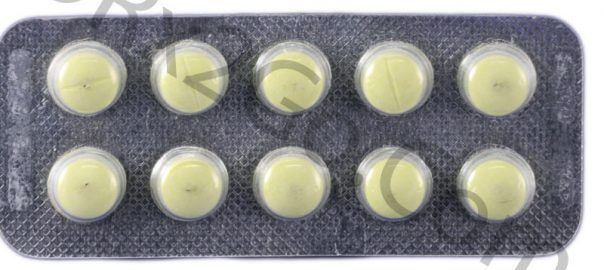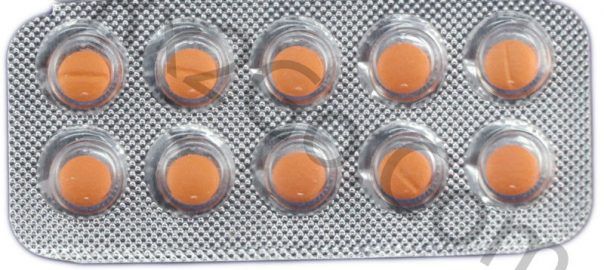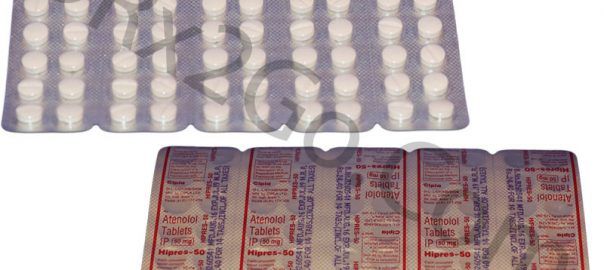Your cholesterol numbers show how much cholesterol is circulating in your blood. Your HDL (good cholesterol) is the one number you want to be high (ideally above 60). Your LDL (bad cholesterol) should be below 100. Your total should be below 200. Talk with your provider about what your results mean for you and how to manage your cholesterol.
Measuring Cholesterol Levels
Your provider checks your cholesterol levels through a blood test called a lipid panel. Your provider will draw blood from a vein in your arm and send the blood to a lab for analysis. Be sure to closely follow your provider’s instructions on how to prepare for the test. You’ll likely need to fast for 12 hours beforehand. This means avoiding all foods and drinks except water.
When your results come in, your provider will let you know. You may also be able to access your results through your electronic medical record.
Your lipid panel gives you the following numbers:
- Total cholesterol: This is the total amount of cholesterol that’s circulating in your blood. Here’s the formula for calculating it: HDL + LDL + 20% triglycerides = total cholesterol.
- HDL level: HDL is high-density lipoprotein. This is the “good” cholesterol that moves extra cholesterol from your bloodstream to your liver. Your liver then gets rid of it from your body. When you see HDL, think of “h” for help. HDLs help your arteries clear out the cholesterol your body doesn’t need. It’s the one number in your lipid panel that you want to be high.
- LDL level: LDL is low-density lipoprotein. This is the “bad” cholesterol that contributes to plaque buildup in your arteries. You need some LDLs because they carry cholesterol to your body’s cells. But having too many can cause problems.
- VLDL level: VLDL is a very low-density lipoprotein. It’s another “bad” form that contributes to plaque buildup. VLDLs carry a type of fat (triglycerides) in your blood. If you have too many VLDLs, the extra fat can build up in your arteries.
- Triglycerides: This is a type of fat. You need some triglycerides. But high levels (hypertriglyceridemia) can put you at risk for atherosclerosis and other diseases.
- Non-HDL cholesterol: This is all the cholesterol in your blood that isn’t HDL. The formula for calculating this number is simple: Total cholesterol – HDL = Non-HDL cholesterol
- The ratio between total cholesterol and HDL: This is your total cholesterol divided by your HDL. In general, you want your number to be below five. Your results may show a chart with more details and desirable levels.
Meaning Behind Cholesterol Levels and the Numbers
Healthcare providers measure cholesterol levels as milligrams of cholesterol per deciliter of blood. The abbreviation is mg/dL. Providers use these same units to measure your triglycerides.
High cholesterol generally means your total cholesterol is 200 mg/dL or higher. But providers use additional categories like borderline high and near-optimal to break down your results. If your numbers are close to normal levels, they may be easier to manage through lifestyle and dietary changes.
Why Are Cholesterol Numbers Important
Your cholesterol numbers are important because they help you know your risk for heart disease. Cholesterol is a type of lipid that helps your body perform many important functions. But too much cholesterol in your blood is bad for you. It can enter your artery wall, damage its integrity and lead to the formation of atherosclerotic plaque.
How To Lower Cholesterol Level?

You may feel upset to learn you have high cholesterol. But now that you know about it, you can take action to lower your numbers. Follow your provider’s guidance on how to lower your cholesterol and reduce your risk of heart disease. Some general tips include:
- Add more exercise to your daily routine.
- Avoid smoking and all tobacco products.
- Keep a weight that’s healthy for you.
Learn how food impacts your cholesterol, and start with small changes to your diet.
- Manage high blood pressure and high blood sugar.
- Learn new strategies for dealing with stress.
- Take your medications as prescribed.
Most of all, don’t blame yourself. High cholesterol is a common condition that can be hard to control through lifestyle choices alone. And many factors beyond our control limit the choices we can make.
Medications that can be used to lower cholesterol:
These medications work by decreasing hepatic triglyceride synthesis and reducing circulating free fatty acids. As a result with proper lifestyle, helps with cholesterol levels.




